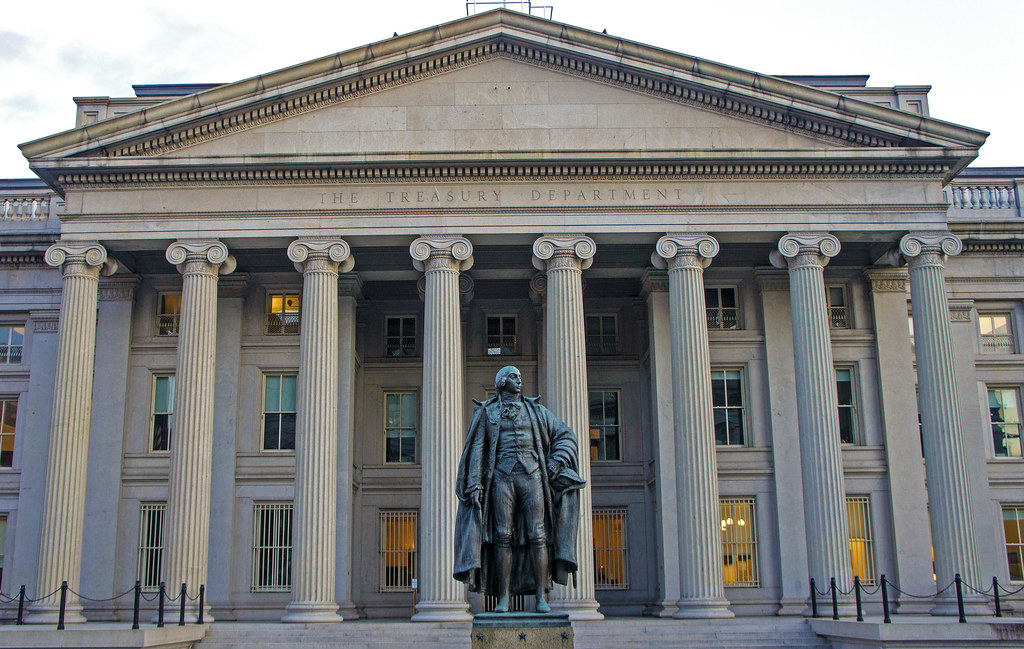
The Chinese government has repudiated claims of involvement in a cybersecurity breach that compromised US Treasury workstations earlier this month, which allowed unauthorized access to “unclassified” documents.
On December 30, US Treasury officials briefed Congress about the cyber intrusion, which was first detected by the software provider BeyondTrust on December 8. Assistant Secretary for Management Aditi Hardikar relayed that indicators pointed to the involvement of a Chinese state-sponsored Advanced Persistent Threat (APT) group. However, China strongly refuted these allegations, as stated in a response to Reuters, denouncing what it called baseless smear attacks by the US.
Following the discovery, the affected service was promptly deactivated. Hardikar reassured US Senators Sherrod Brown and Tim Scott of the Banking Committee that the intruders no longer had access to Treasury systems or data.
Investigation and Response
The Treasury, in collaboration with the Cybersecurity and Infrastructure Security Agency, the FBI, US intelligence bodies, and third-party forensic experts, is meticulously investigating the breach. BeyondTrust reported noticing unusual activity on December 5 within its Remote Support product and subsequently disabled the implicated API key, alerting the affected customers and law enforcement.
A more detailed report is expected within 30 days as mandated by the Federal Information Security Modernization Act. This incident follows other significant breaches, including the Salt Typhoon event that exposed communications data of US lawmakers.
The breach at the Treasury is part of a broader trend of escalating cyberattacks, which have also heavily impacted the crypto industry. Cyvers, a blockchain security firm, reported that the sector saw over $2.3 billion stolen in 2024 across 165 major incidents—a 40% increase from the previous year, largely due to vulnerabilities in centralized exchanges and custodian platforms.
Author’s Opinion
This recent breach underscores the ongoing vulnerabilities within critical national infrastructure and the complexities of attributing cyberattacks in a geopolitical landscape fraught with tension. As nations navigate these challenges, the incident serves as a stark reminder of the importance of strengthening cybersecurity measures across both public and private sectors. Enhanced collaboration and transparency between nations and industries are vital to fortify defenses against increasingly sophisticated cyber threats.
The situation also highlights the necessity for continuous improvement in cyber defense strategies, ensuring that they evolve in step with the dynamic nature of cyber threats. Investing in cutting-edge technology, comprehensive training for cybersecurity personnel, and a deeper commitment to international cooperation could be decisive in safeguarding sensitive information and maintaining public trust in digital infrastructures.
As we move forward, the dialogue between nations regarding cybersecurity will undoubtedly play a crucial role in shaping global cyber policies and practices. It is imperative for all stakeholders to engage in this discourse responsibly and constructively, striving towards a secure digital future.
Featured image credit: dog97209 via Flickr
Follow us for more breaking news on DMR
